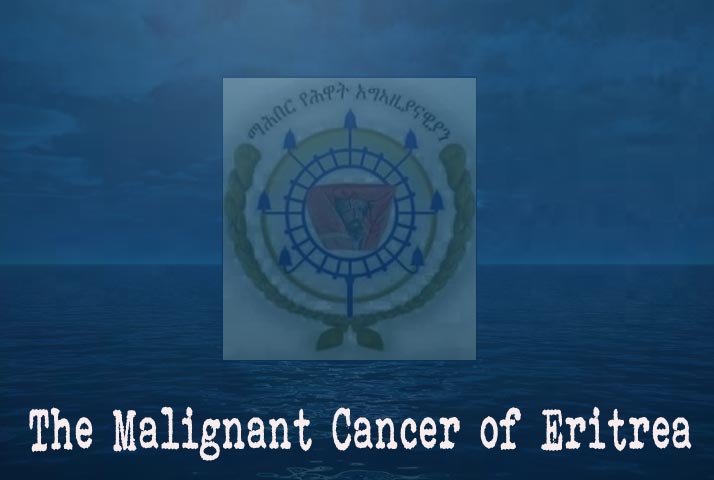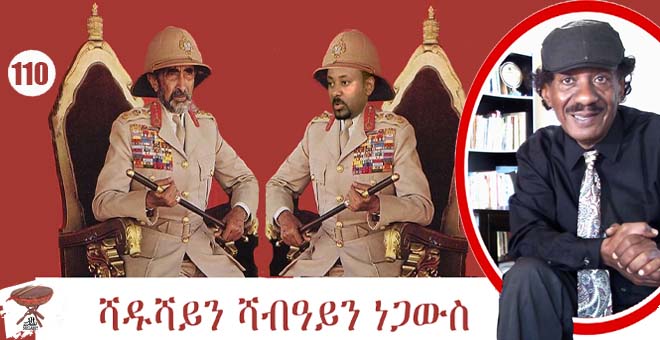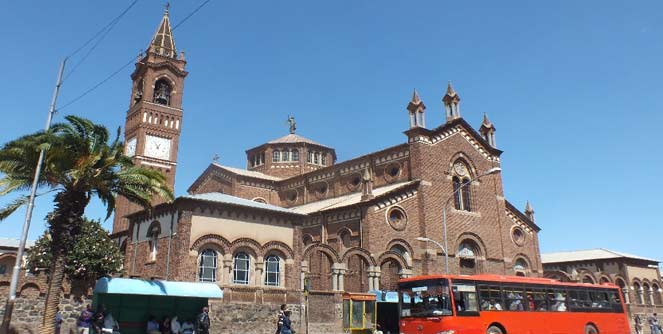The UAE and the Horn of Africa – A Swirl of Interests and Alliances
Last time I said I would cover the UAE… Here it is.
Now, this isn’t a comprehensive history. It’s a sketch—basic pointers you can expand on. But it’s important to know where you stand and what circles surround you.
People are born into families that grow into clans, tribes, regions, and nations. Let’s focus on tribes. Many dismiss the term “tribal” as outdated or primitive. They think nations are a higher form of organization, and tribal thinking is backwards. But often, those who say this are the least developed socially or intellectually. They’ve lived their entire lives in villages they barely left until adulthood—if at all.
They have no water but claim to be the cleanest. No schooling, but consider themselves wise. One meal a day, yet they think they’re the wealthiest. Never seen a map, but speak on global politics. They don’t know their own borders but think they’re global citizens.
We see a lot of that in our neighborhood. But let’s focus on Eritrea.
Most Eritrean conversations about global affairs are vague, misinformed, or outright embarrassing. Ever heard Isaias speak on international matters? It’s limited to clichés about Russia, the U.S., or Europe—always through the lens of power politics. Never culture, never nuance. “Zeyqen’e ayeweled.”
That attitude filters down to the public. People speak confidently about military strategy, though they’ve never served. Then, after being conscripted, they suddenly believe they’re graduates of a war college.
Don’t get me wrong—military defense is important. But a nation shouldn’t measure its progress by how many commandos it produces. We can’t remain obsessed with guns while neglecting every other part of society.
That’s why I say, expand your horizons. Keep growing—circle after circle—because we are part of a world that is bigger than our narrow obsessions.
Our nation isn’t closed just from the outside; it’s closed from the inside. That swirl image I showed earlier—yes, that—it explains our problem perfectly.
If we understood the regional context better, we might comprehend why the UAE is involved in Yemen, Eritrea, Ethiopia, and beyond. But our understanding is frozen in a feudal, partisan mindset: TPLF this, PFDJ that, PP this… simplistic, gossipy analysis.
So, let me walk you through a surface-level sketch of the UAE and its historical and strategic links to Eritrea and the Horn of Africa.
British Legacy in the Arabian Gulf
Eritrea was under British mandate until 1952. The Gulf States? Until 1971.
Back in 1820, Britain signed “protection” treaties with the Gulf Sheikhdoms—what came to be known as the Trucial States: Abu Dhabi, Dubai, Sharjah, Ras Al-Khaimah, Ajman, Fujairah, and Umm Al-Quwain.
It started with trade and “protection,” but Britain gradually tightened its grip until it controlled their foreign affairs and security—especially through the East India Company.
By 1967, the geopolitical winds had shifted. After Israel occupied Arab territories—the West Bank, Golan Heights, and Sinai—the Suez Canal was closed. Prices soared. In Eritrea, even eggs were blamed on the Suez: “It’s the canal!”
Britain’s economy suffered; it began to withdraw from its military obligations. The Gulf States panicked. Bahrain especially feared Iran’s Shah, who believed Bahrain rightfully belonged to Iran. There were coups. The British quietly handed disputed islands—Abu Musa, Tunb al-Kubra, and Tunb al-Sughra—to Iran.
Eventually, in 1971, Bahrain and Qatar gained independence. The other six emirates united to form the United Arab Emirates. Ras Al-Khaimah joined the federation in 1972.
Oil Boom and British Shadows
The British laid some foundations—infrastructure, administration—but real development came after the oil boom.
Let me tell you what I saw in Bahrain in the late 1980s.
From 1966 to 1998, a Scottish officer named Ian Henderson led Bahrain’s security. He had earlier fought the Mau Mau in Kenya. I once saw him in a restaurant in Manama. My Bahraini friend froze when he spotted him—he trembled. His name alone sent chills through the public. That’s how feared he was. The British shadow still loomed large.
In 1986, Bahrain and Qatar had a territorial conflict—it was settled in 2001. Interestingly, Sir Elihu Lauterpacht, who chaired the Eritrea-Ethiopia Boundary Commission, also played a role in resolving that case.
Arabs and Eritrea
Arabs, by and large, sympathized with Eritrea’s struggle for independence. Some even offered support.
Sheikh Zayed of the UAE met with Isaias in Abu Dhabi—widely seen as a diplomatic milestone. Even though nothing major happened afterward, the EPLF opened a representative office in the Emirates.
In 2010, Isaias’ wife, Saba Haile, made a semi-official visit to the UAE.
But it wasn’t until 2015–2016 that things heated up. The UAE and Saudi Arabia bombed Yemen in their war against the Houthis. They built a military base in Assab, Eritrea, which they dismantled in 2021. Around the same time, the UAE began investing in Somaliland’s Berbera port.
The late Osman Saleh Sabe, a key EPLF figure abroad, had excellent ties with many regional states—his diplomacy was unmatched.
UAE’s Ambitions in the Horn
The UAE’s goals in the Red Sea, Eritrea, Somalia, and Ethiopia are both strategic and economic.
They want regional influence. They want food security. They want to counter Iran and even Saudi Arabia, despite their public ties. And they act fast. Preemptive. Assertive.
The Red Sea is one of their main routes to Europe and the West. That’s why they invested in Assab. That’s why they turned to Somaliland’s ports. That’s why they got involved in Ethiopia—they bought farmland and supplied Abiy Ahmed’s regime with drones and logistics during the Tigray war.
In 2018, the UAE helped broker lame peace deal between Eritrea and Ethiopia and followed up with financial promises and investments.
They even sent Mohammed Dahlan, their Palestinian security adviser, to study Ethiopia’s internal stability—looking to secure the UAE’s interests in seaports and logistics corridors.
Abiy responded enthusiastically—granting the UAE prime real estate in Addis Ababa. In return, the UAE promised loans, infrastructure investments, and partnerships in energy, tourism, and port access.
So, there you have it.
That is a surface-level understanding of the UAE’s role in our region—from Eritrea to Yemen, from Assab to Addis, from oil to war drones.
If we stay stuck in our old ways—arguing over outdated political factions and clapping for leaders who embarrass us on the world stage—we will never understand the game being played over our heads.
Understanding the world isn’t a luxury—it’s a survival skill.
So expand your circles. Observe. Learn. Question. Ask why the swirl turns the way it does.
Until next time.





Awate Forum